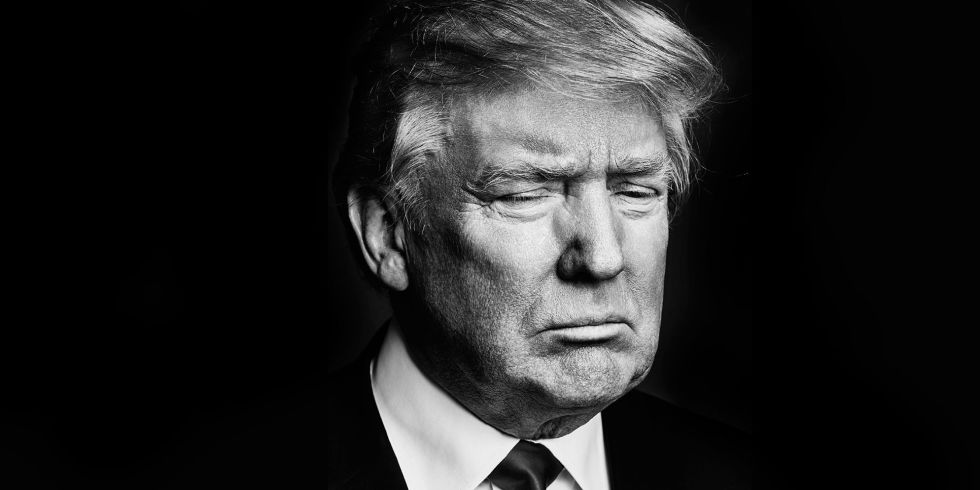President Trump’s tweets questioning the U.S. election’s legitimacy are effective in shaping his supporters’ beliefs on that topic, while his tweets boosted his detractors’ confidence in elections, according to a study believed to be the first to estimate the effect of the president’s posts about voting.
For the institutions that promote American democracy around the world, this is a deeply challenging time: when American elections are being questioned by an American president, whose own politics and preferences align him more closely with authoritarian leaders than democratic allies around the world.
The study, led by a Stanford University political science researcher alongside five researchers at other U.S. universities, measured the impact of Trump’s election rhetoric among roughly 2,000 respondents from both major political parties from Oct. 7 to Oct. 24.
It took place in four waves where respondents were randomly assigned to view dozens of Trump’s tweets about election integrity, politics in general and other topics, including claims that lacked evidence.
Respondents at various points were asked questions, including if they believe elections are rigged, whether presidential candidates should accept election outcomes or whether they thought violence may be necessary to ensure proper vote counting.
They were asked to answer, on a scale, questions including how frequently they thought stealing or ballot tampering occurs and whether they support military rule or a democratic political system.
They were also asked to indicate their emotional responses after seeing tweets from Trump, who has more than 88 million followers.
The researchers then used statistical modeling to measure the effect of the tweets they saw for certain treatments, like trust and confidence in elections, support for democratic norms or support for political violence or democracy, said Katie Clayton, a political science researcher at Stanford University and the study’s lead author.
They looked at whether there were changes over time by comparing the responses across different waves of the study.
The tweets sometimes reduced the belief among Trump supporters in a peaceful transfer of power, said Brendan Nyhan, a Dartmouth College political science professor and study co-author.
They generally didn’t increase support for political violence, according to the study.
The researchers acknowledge the study’s limitations.
Twitter in recent weeks has more frequently labeled Trump’s tweets that are misleading, limiting their visibility.
A Twitter spokesman said the company believes research about the impact of political speech is most effective when looking comprehensively across media platforms, especially because many of Trump’s claims that lacked supporting evidence were livestreamed and broadcast with no warnings.
Trump has repeatedly questioned the legitimacy of America’s own democratic process claiming – without evidence – that several million illegal votes were cast against him in 2016.
A new POLITICO/Morning Consult poll finds 70 percent of Republicans now say they don’t believe the 2020 election was free and fair, a stark rise from the 35 percent of GOP voters who held similar beliefs before the election.
President-elect Joe Biden has proposed hosting a Summit for Democracy in his first year in office, gathering together “the nations of the Free World” with the aim of “defending against authoritarianism, including election security.”
The summit would include civil society groups that have been targeted by authoritarian regimes, as well as businesses including technology and social media companies.
